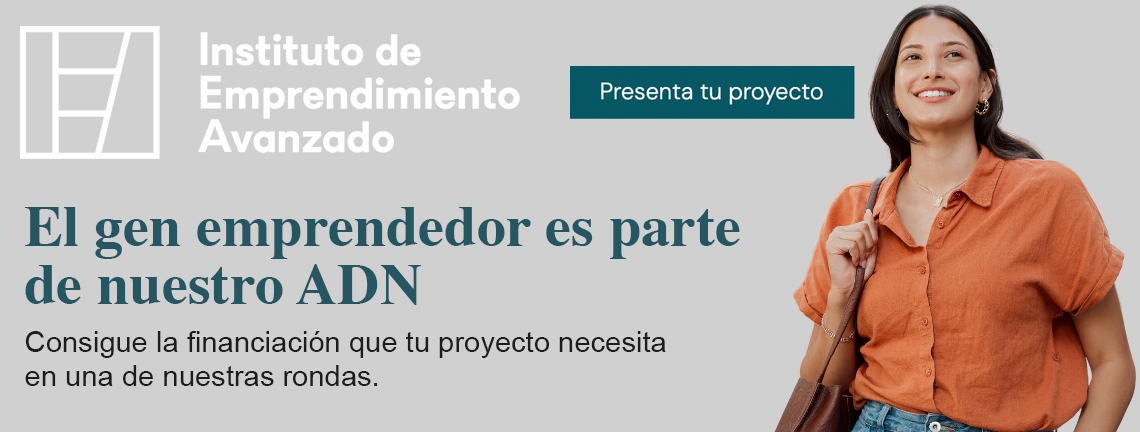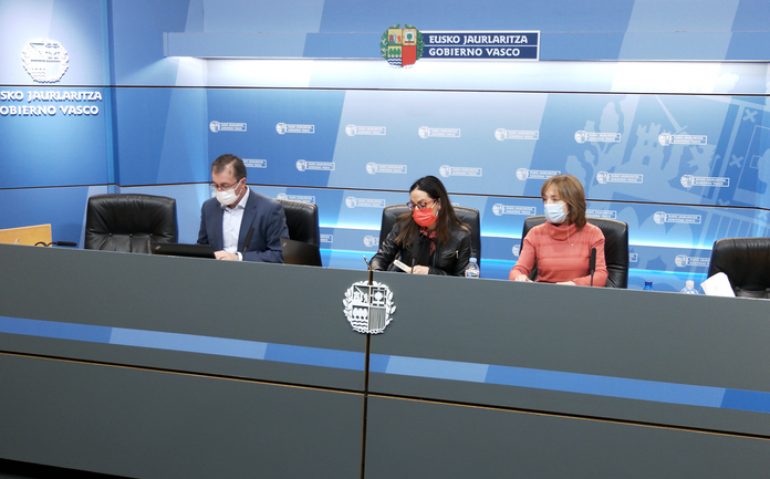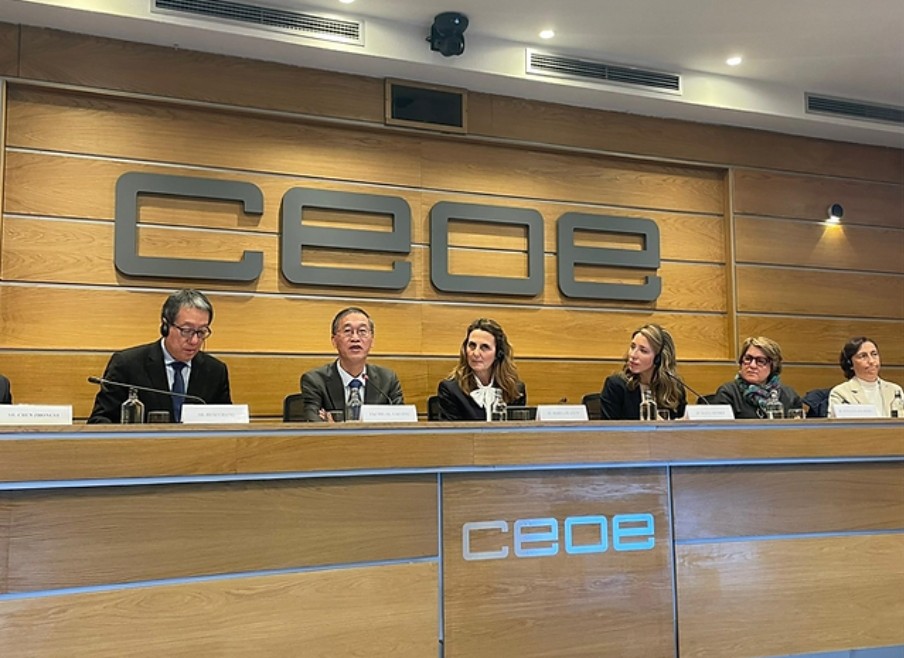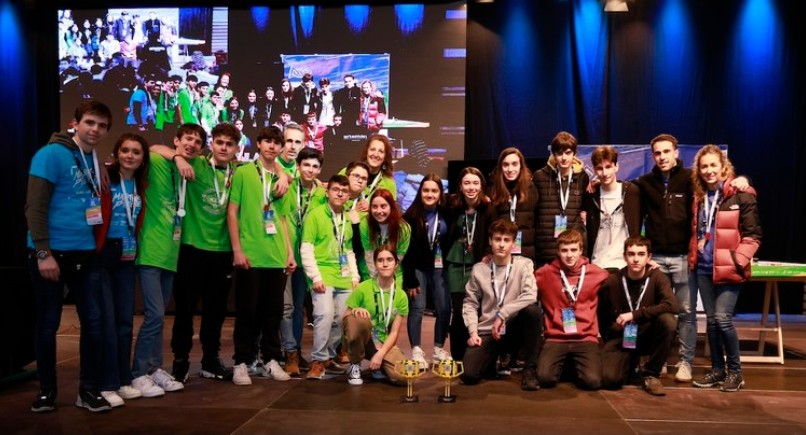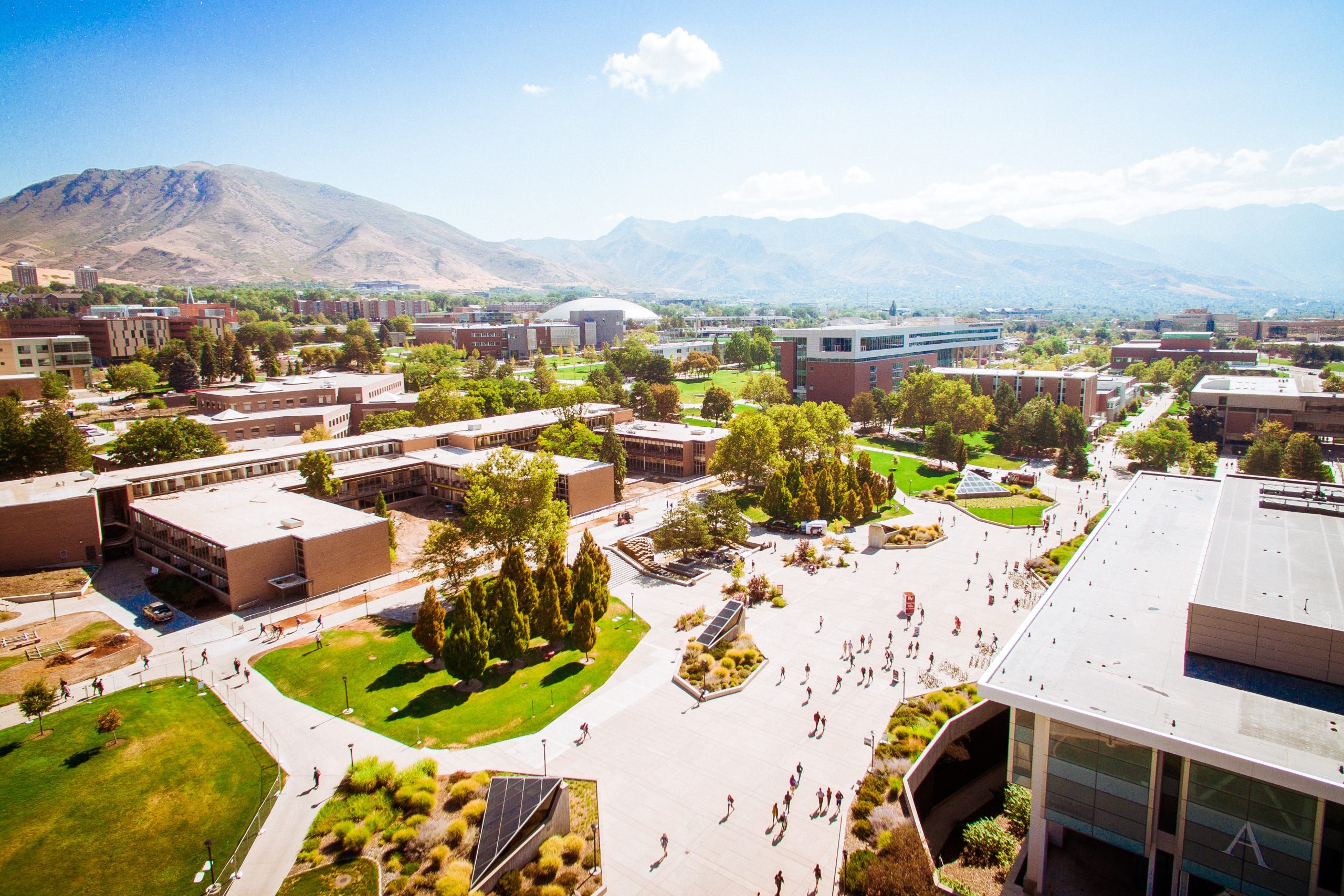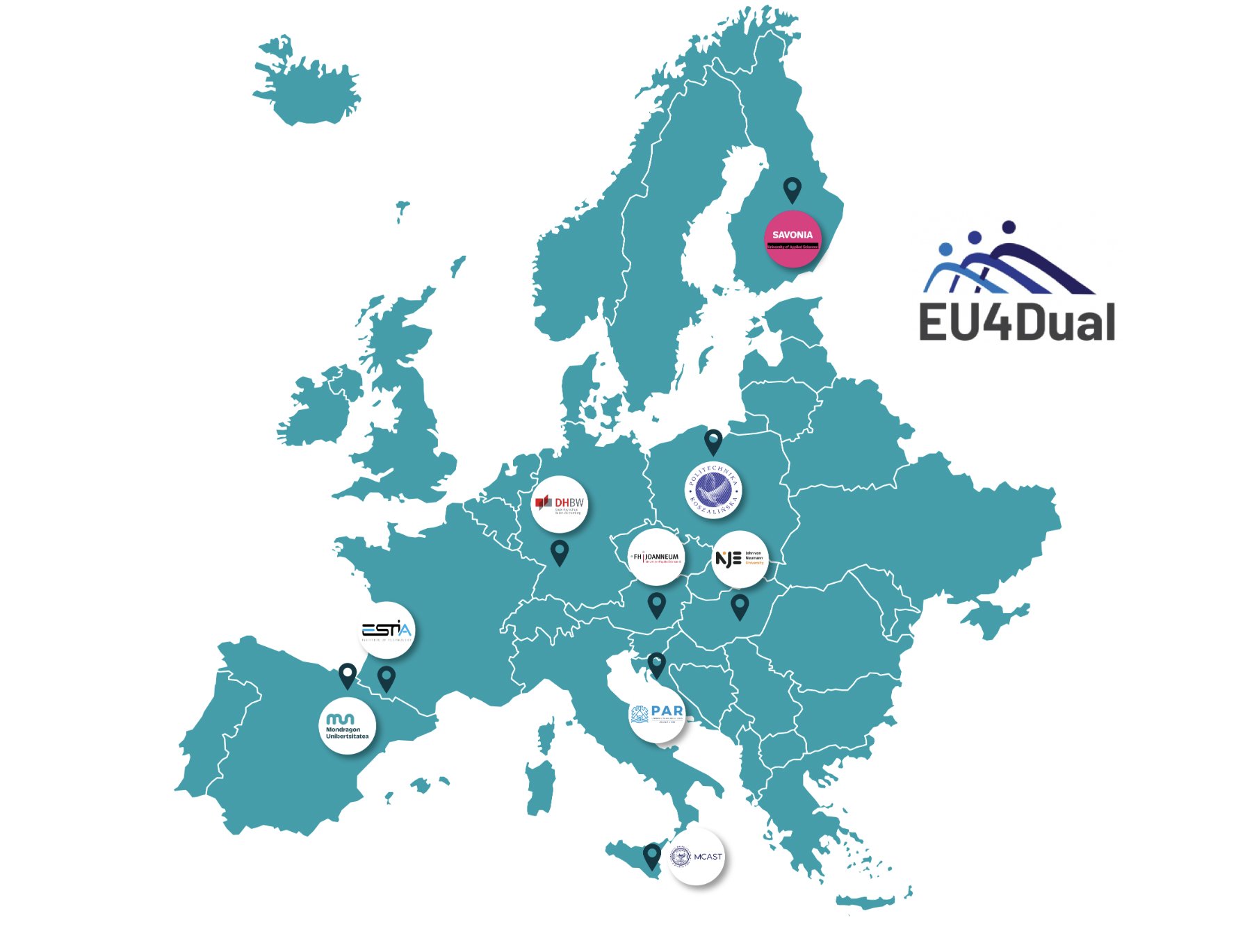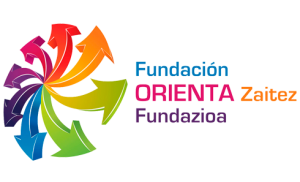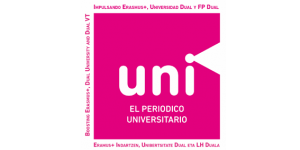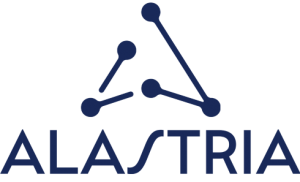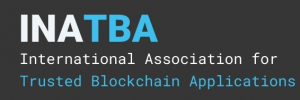The Deputy Minister of Education Begoña Pedrosa, together with the Director of Centers and Planning, Eugenio Jiménez, presented on April 4 in Bilbao the main characteristics and novelties presented by the new curricula that the Department of Education prepares for the next academic year 2022-2023, for the educational stages of Infant, Primary, Compulsory Secondary and Baccalaureate. Although the Ministry has not yet published all the Royal Decrees – the Royal Decree of Baccalaureate remains to be published, and that of the ESO has been published this past Wednesday, March 30 – the working group constituted by the Department of Education has been working for almost a year on the preparation of the new curricula. All the relevant information about the proposal of the Department of Education has already been exposed to the schools, so that they can plan the next course as soon as possible.
These modifications will enter into force next academic year 2022-2023 in the odd courses of each stage (that is, 1st, 3rd and 5th of Primary; 1st and 3rd of ESO; and 1st of Baccalaureate), to extend to the rest of levels the following course (2023-2024).
This process is an opportunity to continue working on a more meaningful learning and to prepare teachers for this new challenge.
Competency-based learning
The new curriculum represents a qualitative step in competency-based learning that has already been developed in the Basque Education System in recent years. Schools are encouraged to gradually implement work by areas (rather than subjects or areas), especially in Primary Education and in the first cycle of ESO. This new vision relates to each other the areas or subjects that are worked on in each course. It involves working on the subjects in a joint and interdisciplinary way, with a global vision; It is committed to a more practical model and a formative evaluation.
In this way, with this new curricular development that gives impetus to learning by competences, the objective is to guarantee the exit profile of the students. To do this, they will combine social, personal and academic skills. The exit profile entails knowing how to mobilize the learning acquired by students to respond to all the challenges they will have throughout their lives, both personally, family, social, academic and professional.
In line with these objectives, the proposal of subjects made by the Department is a global proposal, which with regard to optional subjects can be completed by the centers, thus providing them with more curricular, pedagogical and organizational autonomy.
Another important feature, especially for the stages of ESO and Baccalaureate, is the wide range of optional subjects they propose. Thanks to this, students will be able to choose their academic itinerary better, more in line with their interests and with their future academic itinerary. That is, students will be able to configure their school itinerary.
The new curriculum recovers the importance that the figure of the tutor has historically had. The educational project of the Department of Education is largely based on ensuring the well-being of students, and this objective is mostly ensured through this figure.
Students in the center
When explaining the principles that have guided the design of these curricula, Deputy Minister Pedrosa stressed the desire to influence functional learning, “an educational model that puts the student at the center.”
“This change that we propose has been defined according to the future society that we foresee, but also of the present. A more diverse, globalized society, with significant changes in all areas of life, both professional and personal. Actually, they are happening right now. A pandemic, the effects of a war… It will be variable and unstable, hyperconnected. All areas will be technologized and digitized, so a more critical and humane citizenship will be needed. We want to educate people who are capable of seeking solutions from the perspective of social transformation, from equality and social justice. Of course, people who are properly trained for the corresponding areas and who, in turn, have initiative and ethical outlook for the renewal of our community.
The new curricula also aim for “a more flexible school”. “Flexible in structures and organization and adapted to the forms and interests of learning,” said the deputy minister.
Participatory process
In mid-2021, the groups were formed to begin preparing the curriculum: coordinating team, key competences team, and teams of curricular areas, formed by a total of 58 people, including heads of the Department of Education, Inspection, ISEI-IVEI, teachers and consultancies of Berritzegunes.
In September 2021, the participatory process to develop and disseminate the curriculum began. That same month, a conference on competencies and assessment was held with about 750 participants. At the end of the year, six participatory sessions were held with 235 educational centers. These sessions were joined by others aimed at teachers of the Basque University System, or other educational agents, such as the Inspectorate, associations of directors, employers of concerted centers or Berritzegunes, and other agents of recognized prestige.
In parallel to all this, the teacher training process is being carried out with the following objectives: to know the principles that govern the curriculum; and facilitate the implementation of the curriculum design itself and get to know and exchange good practices, their foundation and learn to design learning situations.
Don’t start from scratch; This framework helps to deepen previous changes, and above all it seeks to involve the centers and provide them with a more contextualized accompaniment. The participation to date has been more than 2000 professionals.
In relation to the different modules and training activities, the following stand out as key aspects: collaborative teacher training, pedagogical leadership, methodological change, co-teaching, school planning, the emotional field and formative evaluation.

